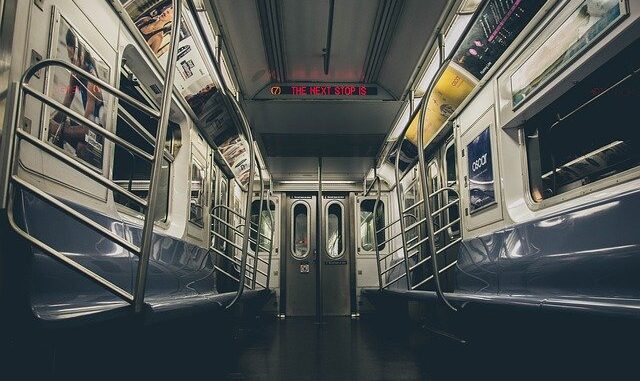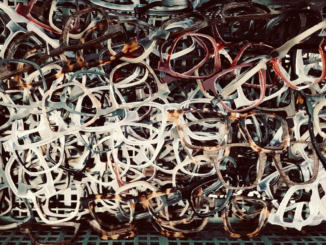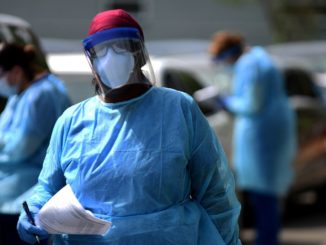
By Libero Della Piana
Riding the subway here in New York City right now is a little like riding a ghost train. There are few riders, almost all wearing masks, separated by empty seats. It’s a far cry from last February when New Yorkers crammed into packed subway cars as usual. The same is true on public transit around the country.
Tragically, the same way COVID-19 cases swept from big cities out to small towns and rural communities, the dire financial straits of big-city mass transit is about to infect businesses across the country.
Public transportation systems throughout the county are reeling from the financial ravages of low ridership these past eight months. Already, the ripple effects are starting to be felt.
Buses, trains, rail systems, and their stations are built out of thousands of components – think about the lights, brakes, signage, wiring, crossing signals, and fare boxes, just to name a few. The parts are made by thousands of workers in cities and towns, in every state.
Those jobs are in danger. New York’s Metropolitan Transportation Authority
(MTA) was one of the first transit agencies in September to send letters to companies they work with warning that their contracts are in jeopardy.
“The MTA is currently experiencing $200 million in revenue losses every week – an unprecedented crisis that eclipses even the Great Depression’s impact on our ridership and finances,” wrote Patrick Foye, chair and chief executive officer of New York’s MTA.

A survey of transit agencies by the American Public Transportation Association shows that 45 percent are considering delaying, deferring or cancelling capital projects.
Declines in manufacturing jobs impact Black workers and communities at a greater rate. Likewise, Black people like me are more likely to use public transportation. Loss of transit funding without relief will be a double-hit to Black families.
For months, Congress has been deadlocked on a relief package. House and Senate Democrats have proposed including $32 billion for public transit while Congressional Republicans and the White House have proposed zero.
The Senate GOP has to step up to prevent cuts to transit supply chain jobs and keep people working. Key Republicans who could make a change include Senate Majority Leader Mitch McConnell, Paul Rand from Kentucky; Joni Ernst and Chuck Grassley in Iowa; Susan Collins in Maine; Richard Burr and Thom Tillis in North Carolina; Cory Gardner of Colorado; Martha McSally in Arizona and Kelly Loeffler and David Perdue in Georgia.
Together, just those seven states are home to at least 215 companies that manufacture components for public transportation.
But let’s be clear, this isn’t a red or blue issue. We are one country; our work, our lives and our health are tied up together.
Keeping people working and transit moving so people can go to work, is critically important now as the country begins to reopen. We can’t afford to have hobbled transit systems and gutted factories. Like the subway, we’ve got to be ready to roll.
About

Libero Della Piana is the Senior Strategist at Just Strategy, a national center for organizing and social movement education. He has been working on the Emergency Campaign for Transit Justice. He lives in East Harlem, New York and is a regular transit rider.






